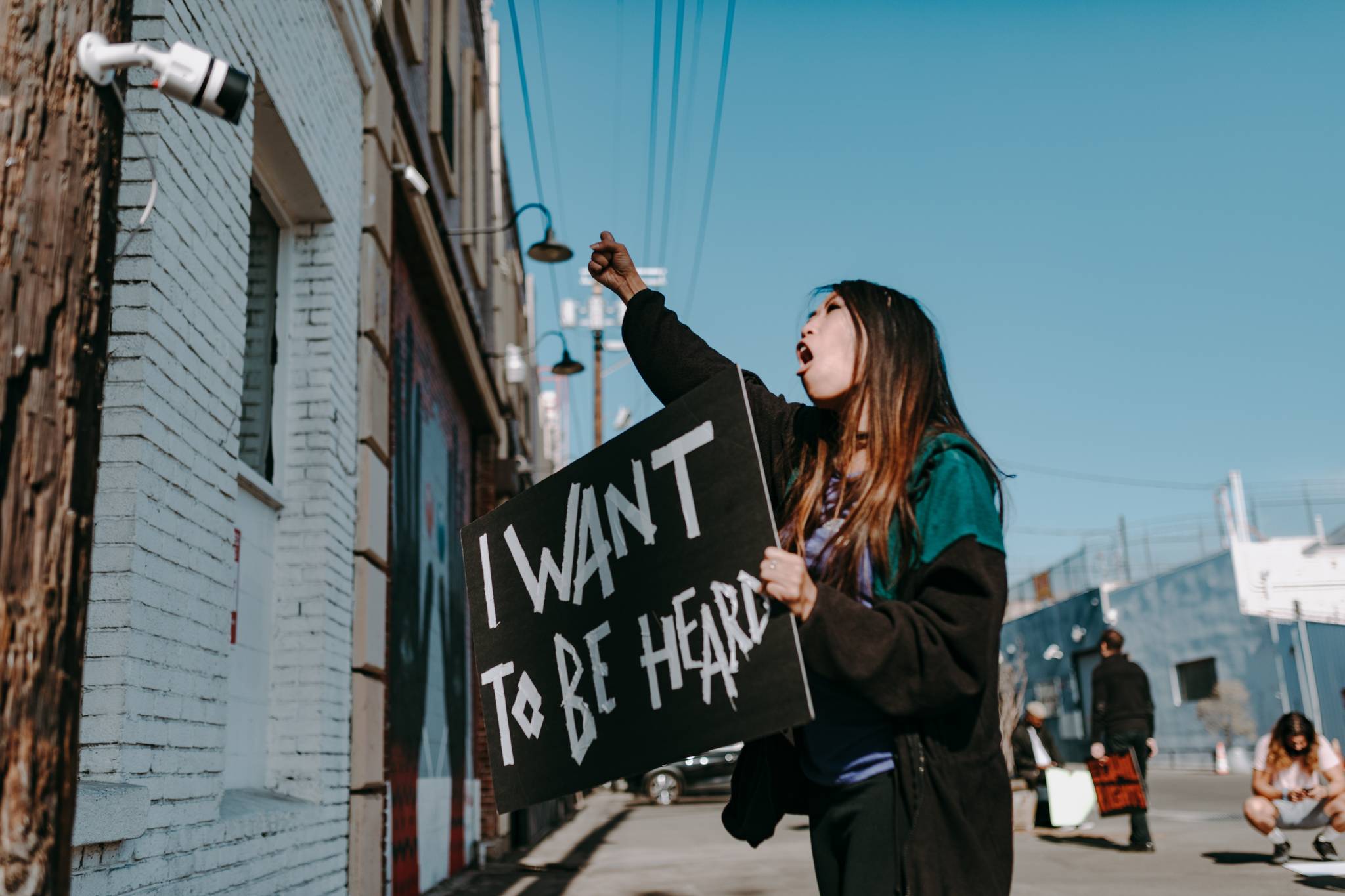
Deepfakes and other forms of AI-based disinformation are disrupting the democratic process across the globe, nowhere clearer than in the run-up to Brazil’s municipal elections in October. Who’s responsible for policing online disinformation and how is AI-generated media adding to the confusion?
- Sectors
- Location
Dr. Jordan Richard Schoenherr is an assistant professor in the Department of Psychology at Concordia University, an adjunct research professor in the Department of Psychology, and a member of the Institute for Data Science (Carleton University). He has over ten years of experience conducting and teaching in higher education. His primary areas of interest include cyberpsychology, covering cybersecurity, disinformation, ethical AI, and XAI.
Carla Rodrigues is the digital platforms and markets co-ordinator at Data Privacy Brazil. She has experience in communications and politics, with an emphasis on digital technologies, and is part of the Communication, Internet and Democracy Research Group (CID / UFBA) and the Study, Research and Extension Group on Public Communication, Social Assistance and Social Service (Compass / UnB).
Victor Vicente is head of communication at Instituto Vero. He was communications co-ordinator at the Institute of Technology and Society (ITS) between 2015 and 2019, in addition to being a researcher at MediaLab.UFRJ between 2017 and 2019. He is interested in technological applications that provide positive and distributed social impact.
Thom Waite is a London-based writer and researcher. He is a senior staff writer at Dazed Digital, and has written for publications including AnOther, Nasty Magazine, and Whitelies. He’s mainly interested in science and technology, with a focus on space, artificial intelligence, and how emerging technologies intersect with contemporary art and culture. In his creative work, he explores human relationships with creativity, technology, and nature.

